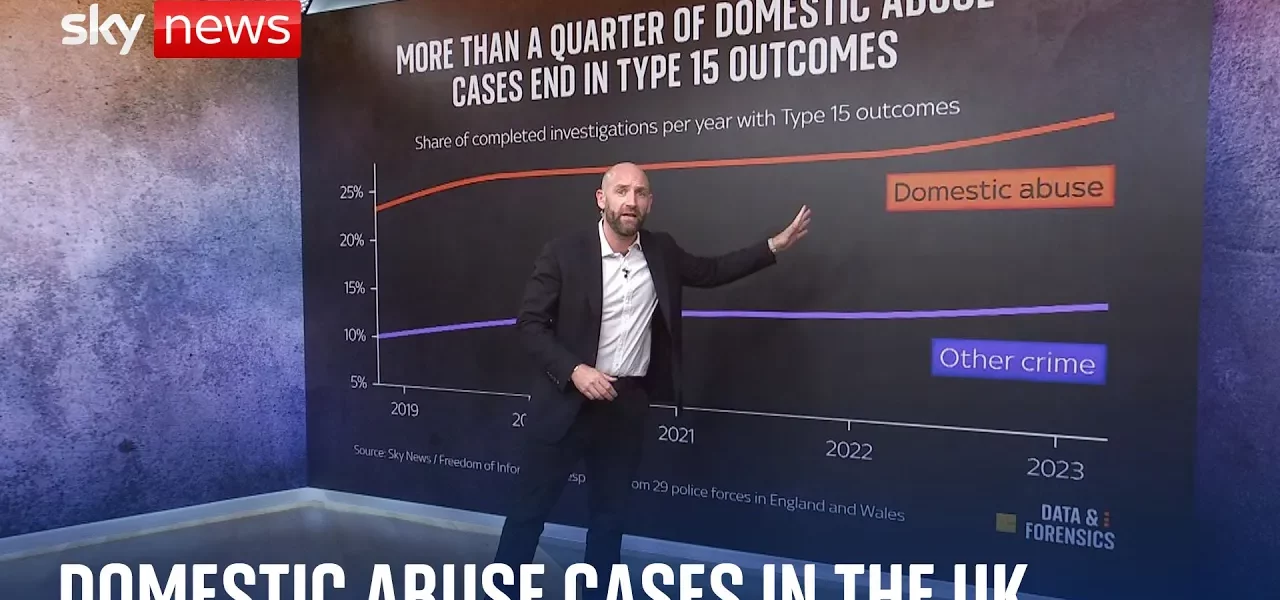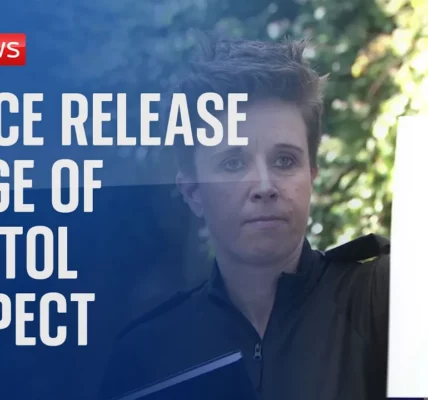Survivor’s Struggle: The Challenges of Seeking Justice in Domestic Abuse Cases

This article delves into the harrowing experiences of domestic abuse survivors like Louise, who face significant obstacles in their quest for justice. Despite reporting their abuse, many survivors find themselves in a system that often prioritizes perpetrators over victims, leading to feelings of despair and frustration.
Introduction to Domestic Abuse and the Justice System
Domestic abuse is a pervasive issue affecting countless individuals worldwide. Survivors often find themselves in a complicated web of emotional and psychological challenges, compounded by a justice system that can seem indifferent to their plight. The experiences shared by survivors shed light on the systemic flaws that perpetuate a cycle of victimization. Louise, a pseudonym for a survivor who endured over a decade of domestic abuse, illustrates this unfortunate reality through her harrowing story.
The Harsh Reality of Reporting Abuse
When Louise finally gathered the courage to report her abuser to the police, she believed that justice would follow. However, her experience highlights a distressing trend where victims feel more protected than supported by law enforcement.
Threats and Intimidation
Louise was constantly threatened by her abuser, who boasted that he was “above the law.” This intimidation created a climate of fear, making it difficult for her to speak out. Such threats are not uncommon in domestic abuse cases and can severely impact a survivor’s willingness to seek help.
Police Response
Upon reporting her abuse, Louise expected swift action. However, the reality was starkly different. The police informed her that despite evidence and a named suspect, her case was closed due to “evidential difficulties.” This term refers to situations where, despite having a suspect and a victim willing to proceed, the evidence is deemed insufficient to warrant further action.
Understanding Type 15 Outcomes
Type 15 outcomes represent a critical aspect of the investigation process, particularly in domestic abuse cases. These outcomes indicate situations where the police acknowledge a crime has occurred but cannot proceed due to evidential challenges.
Statistics and Trends
According to data collected from 43 police forces, the statistics reveal troubling trends:
- Over 27% of domestic abuse investigations are closed under Type 15 outcomes.
- This figure has increased since 2019, highlighting a worrying trend post-pandemic.
- In contrast, other crime types show significantly lower Type 15 outcomes.
Victim Support and Police Efficiency
The disparity in treatment between domestic abuse cases and other crime types raises questions about police training and resources. Charities emphasize that a lack of understanding surrounding complex cases, such as those involving coercive control, leads to inadequate investigations.
The Role of the Crown Prosecution Service (CPS)
The Crown Prosecution Service plays a pivotal role in determining whether a case will proceed to court. Despite the acknowledgment from the CPS that most cases referred to them result in prosecution, the overarching number of prosecutions remains disappointingly low.
Challenges Faced by the CPS
While the CPS asserts that they are striving to improve the situation, the data suggests that the challenges are deep-rooted. Survivors like Louise often feel that their voices are lost in a system that fails to prioritize their needs.
Conclusion: The Need for Systemic Change
The experiences of survivors such as Louise highlight the urgent need for reform within the justice system to better support victims of domestic abuse. It is crucial to address the barriers that prevent effective investigations and prosecutions. As awareness of these issues grows, it is vital for both police forces and the CPS to commit to tangible improvements in how they handle domestic abuse cases.
If you or someone you know is experiencing domestic abuse, it is important to seek help. Reach out to local support services or call the police for assistance. Change begins with speaking out, and every voice matters.
“`




